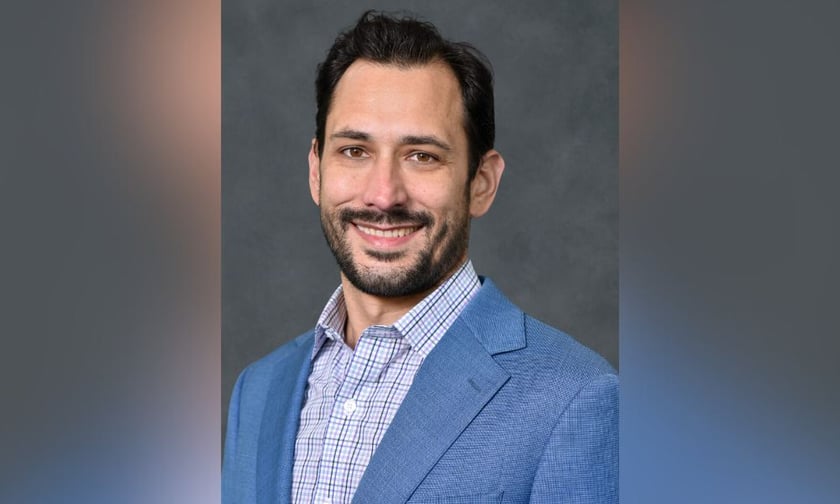

Corey Alison (pictured), executive vice president & national real estate practice leader for casualty at Amwins, has gone in-depth on the intricacies of securing general liability and umbrella insurance for multi-family real estate, especially within the low-income housing sector.
Speaking to IB, Alison said Georgia continues to be one of the most difficult states to secure liability coverage on multi-family, with large verdicts from A&B incidents being a big contributor. The need to find creative solutions has never been greater. One of the significant challenges in this space is managing the increased retentions imposed by carriers based on minimums rather than account specific.
“We’ve worked on having a more tiered retention approach,” he explained. “If you have locations that dictate a much higher retention, say $250,000, we try to bring that retention down for other locations. We don’t want the minority to negatively impact the majority.”
A cornerstone of Alison’s approach is built on drilling down as much as possible to provide his underwriters the clearest picture possible of the risk.
“I pride myself on providing the details that matter and removing the information that provides no value,” he said. “If you just tell an underwriter they’ve put in $1 million of improvements into a location it doesn’t provide the same value as a detailed list of the actual work done.”
And in his native Georgia, the landscape has shifted dramatically.
“Five years ago, you could get first-dollar coverage,” Alison recalled. “Now, many carriers require $50,000 to $100,000 SIR, regardless of risk characteristics. Those offering lower retentions typically provide sub-limits on assault and battery.”
According to Alison, carriers’ use of AI to scrutinize addresses for past incidents adds yet another layer of complexity. They will use AI to pick up on negative keywords like “assault” or “shooting” from online sources. Carriers do this to see if there is any incident that may have occurred but not shown on the loss history, which could be due to the owner buying the property after the loss occurred.
“Bad reviews and negative keywords found online can impact the underwriting process even if the property has made improvements,” Alison noted.
Delving deeper into the specifics of low-income housing insurance challenges, Alison said that educating underwriters about the different types of subsidized housing, such as Section 42, is crucial. “Section 42 can be better than traditional apartments because there’s a government eye on them, ensuring the condition of their buildings is maintained to continue receiving tax credits,” he explained.
The use of crime scores in underwriting has become a critical factor as well. “Crime scores, which range from 0 to 100 with the national average at 20, are now a standard part of underwriting,” he added. “Even if a property has great loss history, a high crime score can still result in increased premiums or denial of coverage.”
“If a property’s crime score is high but they’ve invested heavily in security upgrades, these changes should be factored into the risk assessment,” he argued. However, the industry’s reliance on crime scores and AI-generated data can lead to unfair penalties for property owners who are actively working to improve safety.
While Georgia is seen as a top state for doing business, Georgia has also been selected as the number one Judicial Hellhole for 2022 and 2023 per Georgia - Judicial Hellholes. “Carriers are increasingly wary of the legal environment in Georgia, leading to higher premiums and more exclusions,” Alison explained. “Meaningful change is needed, but it’s going to take time and a multi-year process to address all the different opinions on what needs to be done.”
